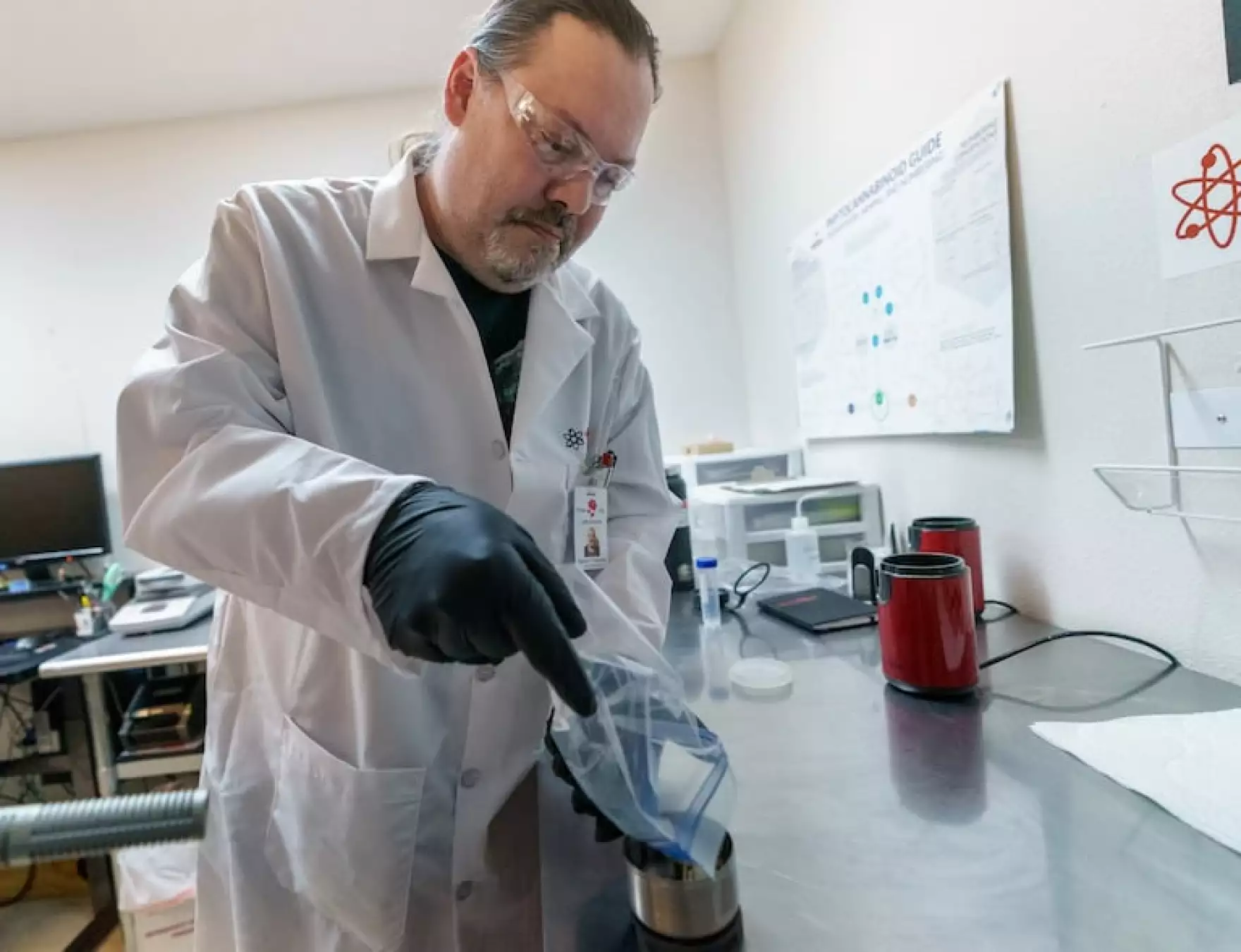PORTLAND, Ore. — A new study from Oregon researchers reveals that many so-called “magic mushroom” edibles sold in convenience stores and smoke shops don’t actually contain psilocybin, raising concerns about misleading marketing and consumer safety.
Study Findings
Researchers purchased 12 mushroom-branded products in Portland—including gummies and chocolates—that claimed or suggested they contained psilocybin. The team included Richard van Breemen and Daniel Simchuk from Oregon State University, Björn Fritzsche and Daniel Huson from Rose City Laboratories in Portland, and Jonathan Ferguson and Scott Kuzdzal from Shimadzu Scientific Instruments in Maryland.
After testing, the results were surprising: none of the products contained psilocybin, the active hallucinogenic compound in psychedelic mushrooms.
Also Read
Instead, researchers found a mix of caffeine, cannabinoids, kava root extract, and candy ingredients. Some products contained synthetic compounds chemically related to psilocybin, but researchers stressed these are not medically equivalent to psilocybin and have no proven therapeutic benefits.
Misleading Packaging
Many of the products featured psychedelic imagery, mushroom logos, and language directly claiming psilocybin content, according to van Breemen, the study’s coordinator.
“The consumer should expect that they would contain psilocybin,” van Breemen said. “But when analyzed, they contained no trace of it.”
Safety Concerns
Van Breemen emphasized the risks posed by unregulated synthetic compounds, which lack research into their effectiveness, hallucinogenic properties, or safe dosage levels.
“With no human experience testing, no research behind it to show it’s effective as a medicine, whether it’s hallucinogenic or not, or whether it’s safe,” he said. “And of course, the quantities of these compounds were not available to consumers, and nobody knows what their safe levels might be.”
The potential dangers are not hypothetical. Last year, the Centers for Disease Control and Prevention (CDC) reported 73 hospitalizations and three deaths nationwide linked to edibles made with the mushroom Amanita muscaria.
Public Guidance
Because psilocybin can only be legally used in Oregon under licensed therapeutic programs—and not sold in stores—the researchers warn consumers against buying questionable products marketed as “magic mushroom” edibles.
“We are concerned about the public safety aspect of this,” van Breemen said. “We wish our paper to alert researchers, clinicians who might see patients in the emergency room, or people who work at poison control centers to be aware of the problem—and for consumers to be aware that they should buy products which are safe.”
Legal Context
In Oregon, selling psilocybin to the general public remains illegal. State law only allows psilocybin use in supervised therapeutic settings, with licensed facilitators present. That distinction makes the availability of misleading “magic mushroom” products in smoke shops and convenience stores even more troubling, experts say.
Conclusion
The findings highlight the gap between marketing and reality in the emerging psychedelic industry. As interest in psilocybin therapy grows, researchers urge consumers to remain cautious and purchase only from trusted, legal sources.
“Packaging can promise one thing,” van Breemen said, “but until products are tested and regulated, the reality may be very different.”












